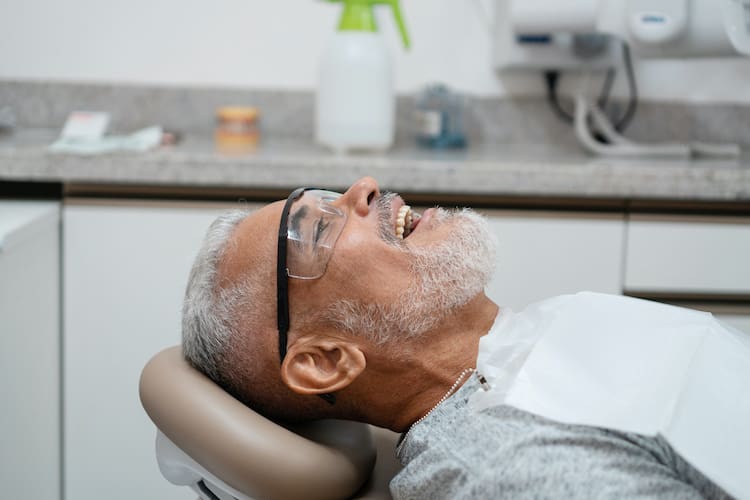Sedation dentistry has become an increasingly popular solution for patients who experience anxiety, fear, or discomfort when visiting the dentist. If you’re scheduled for a dental procedure and your provider has recommended sedation, it’s important to know how to prepare. There are two common forms of sedation: nitrous oxide and oral sedation. Understanding the differences and how to prepare for each can make your experience smoother and more comfortable.
What Is Nitrous Oxide Sedation?
Often referred to as “laughing gas,” nitrous oxide is a mild sedative that is inhaled through a small mask placed over the nose. It takes effect quickly and could help you feel relaxed while staying fully conscious and responsive. One of the benefits of nitrous oxide is how quickly it wears off once the mask is removed. In most cases, patients can return to their usual daily activities, which makes this option convenient for many.
Preparing for Nitrous Oxide
Preparing for nitrous oxide sedation is relatively simple. You’ll typically be advised to eat a light meal a couple of hours before your appointment. Having a full stomach can sometimes lead to nausea during or after the administration of nitrous oxide. Be sure to avoid heavy or greasy foods.
It’s essential to inform your dentist of any medications you’re currently taking, especially those that affect your breathing or central nervous system. Also, let your provider know if you have any respiratory conditions like asthma or COPD. This can influence whether nitrous oxide is the best choice for you.
Wearing comfortable clothing and avoiding tight collars or scarves can also help you feel more at ease during the procedure. Although you’ll be awake and alert, the relaxed state induced by the gas can make you feel slightly light-headed. Being physically comfortable is often beneficial.
What Is Oral Sedation?
Oral sedation involves taking a prescription medication, typically a benzodiazepine like diazepam or triazolam, before your appointment. This form of sedation is stronger than nitrous oxide and can make you drowsy or even cause you to fall asleep during the procedure. However, you will likely still be conscious and able to respond to verbal cues.
Preparing for Oral Sedation
Preparing for oral sedation dentistry requires more planning than for nitrous oxide. Since the medication affects your cognitive and motor functions, you’ll need someone to drive you to and from the dental office. It’s also recommended that you avoid eating or drinking anything for at least six hours before your appointment unless otherwise instructed by your dentist. This precaution helps reduce the risk of nausea and aspiration during the procedure.
Make sure to discuss your full medical history with your dentist, including any allergies, past reactions to sedatives, and current medications. Some medications can interact with sedatives, so it’s important to be thorough. Your dentist may also give you specific instructions on when to take the oral sedative, often suggesting you take it about an hour before your appointment. Because oral sedation can linger in your system for several hours, it’s advisable to clear your schedule for the rest of the day. Plan to rest and avoid activities that require alertness, such as driving, operating machinery, or making important decisions.
Communicating With Your Dentist
Regardless of which form of sedation is being used, having open communication with your dentist is key. Share any concerns you have about the procedure or the sedation method itself. Ask about possible side effects and how long the sedation might last. This can help you feel more in control and reduce anxiety leading up to the appointment.
Sedation Dentistry in Carpentersville, IL
At Advanced Laser and Cosmetic Dentistry, we strive to ensure every patient feels safe and comfortable in our office. We offer nitrous oxide and oral sedation to help ease anxiety and ensure a smooth treatment process. Contact us today to schedule a consultation and see if sedation is right for you.

